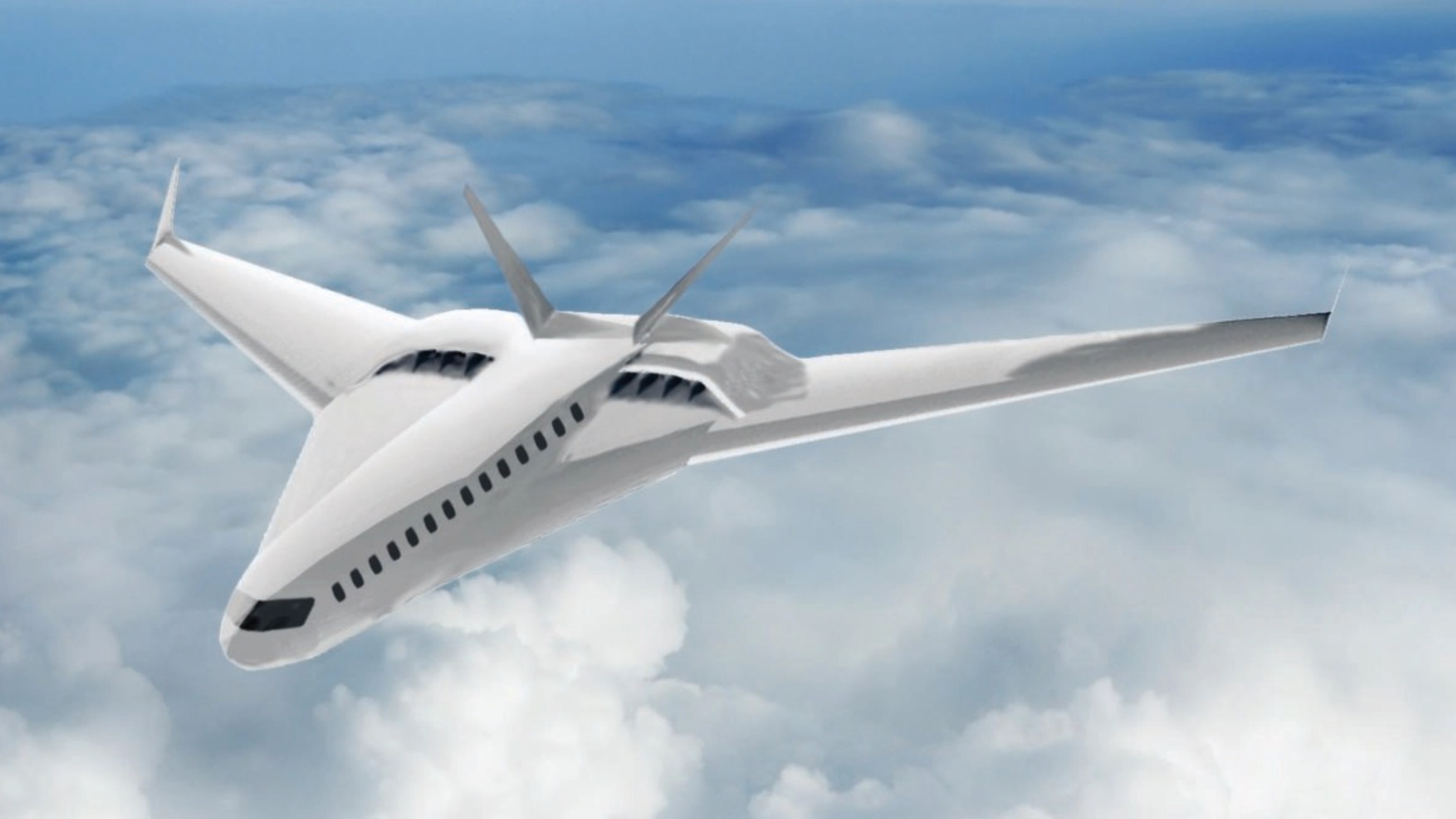Recruiting Trends for Aerospace Engineering
Aerospace engineering is an exciting and dynamic field. Due to the constantly evolving nature of technology, the field is constantly developing new processes and innovations. As a result of this, aerospace engineers are in constant demand. The industry employs highly skilled workers who are often not easy to find. According to the Bureau of Labor Statistics, aerospace engineers are employed in industries whose workers design or build aircraft, missiles, systems for national defense, or spacecraft. They’re employed primarily in manufacturing, analysis and design, research and development, and the federal government.
Recruiting and selecting the right talent for your company is hard work. You want to hire the very best of the best, but you can’t hire everyone. What do you do? As a recruiting firm, we tend to keep an eye on the trends in the industry. We’ve noticed a lot of interest in aerospace engineering and thought you might be interested in what we’ve learned about recruiting aerospace engineers.
Assess Soft Skills with Behavioral Interview Questions For Engineers
When interviewing engineers, you should still ask some traditional behavioral questions. These are questions that start with “tell me about a time when you…” or “have you ever…?” They focus on soft skills that your candidate may need to succeed in the role, such as:
- Conflict management (e.g., “tell me about a time when you had to resolve a conflict on your team”)
- Communication (e.g., “tell me about a project you worked on where communication was key”)
- Initiative (e.g., “tell me about an instance where you took initiative without being asked by your manager”)
Given that soft skills are valuable for any workplace, you’ll want to evaluate them in your candidates during the interview process. Generate your own custom list of behavioral interview questions for free, examples of competencies below.
- Teamwork: Working with others is important in any industry, but it’s especially crucial in the aerospace engineering field because of its collaborative nature. Aerospace engineers need to show excellent leadership and interpersonal skills when working on teams and with stakeholders such as clients—and they need to be able to prove that they can use teamwork to solve complex problems.
- Communication: Good communication is essential in all aspects of aerospace engineering work—from presenting plans and progress or explaining technical details, to listening and understanding client needs while working on a project team. Any hiring manager will want evidence that candidates have these abilities before inviting them on board.
Consider Interviewing A Diverse Candidate Pool
There is an increasing emphasis on diversity in STEM fields like aerospace engineering because it brings new perspectives into the field and increases innovation by bringing together different points of view into one place where they can be discussed openly without fear of judgment or reprisal from superiors who might disagree with what was said. This can be especially important when working on projects with teams from all over the world
A growing number of women are entering this field because they see it as an opportunity for advancement and upward mobility within their careers as well as providing great benefits such as paid maternity leave or other family-friendly policies that allow them to spend time with their families.
The more diverse your interviewing pool is, the more likely you’ll be able to find someone qualified for the role.
Why Partner With Amtec As Your Direct Hire Recruiter
While fees paid to a direct-hire recruiter by the hiring company when an employee is hired ensures a vested interest, it does not alone ensure aligned interests. It’s Amtec’s 60+ year mission of building high-performance teams and providing people with meaningful work that ensures the right person for the job will be found. Amtec takes the time needed to thoroughly vet candidates and do background checks. Whether the right top-notch candidates are within Amtec’s huge network of contacts, or if expanding to a wider field of candidates is needed, Amtec’s recruiters are dedicated to finding the right people.
Overlapping Areas of Knowledge
Aerospace engineers are a particularly interesting group because they combine both science and engineering in their work, which means they need to have a strong knowledge base in both fields. They also commonly work with manufacturing processes, which requires knowledge of how things are made and how they can be improved.
Since there is so much overlap between the two disciplines, most aerospace engineers will have some type of degree in both fields. Many choose to study one or two specific areas related to aerospace engineering while still maintaining a broad understanding of all aspects of engineering.
Because of this background, it’s important that companies looking for aerospace engineers make sure they’re hiring someone who has an understanding of the entire process—from design through manufacturing and testing—rather than just someone who has strong skills in one area or another.
This makes direct hire recruiters especially valuable for companies seeking out candidates with these skills because they can help them connect with candidates who have experience working on multiple projects and who have been exposed to many different aspects of their company’s business model as well.
Our Services
Industries We Serve

